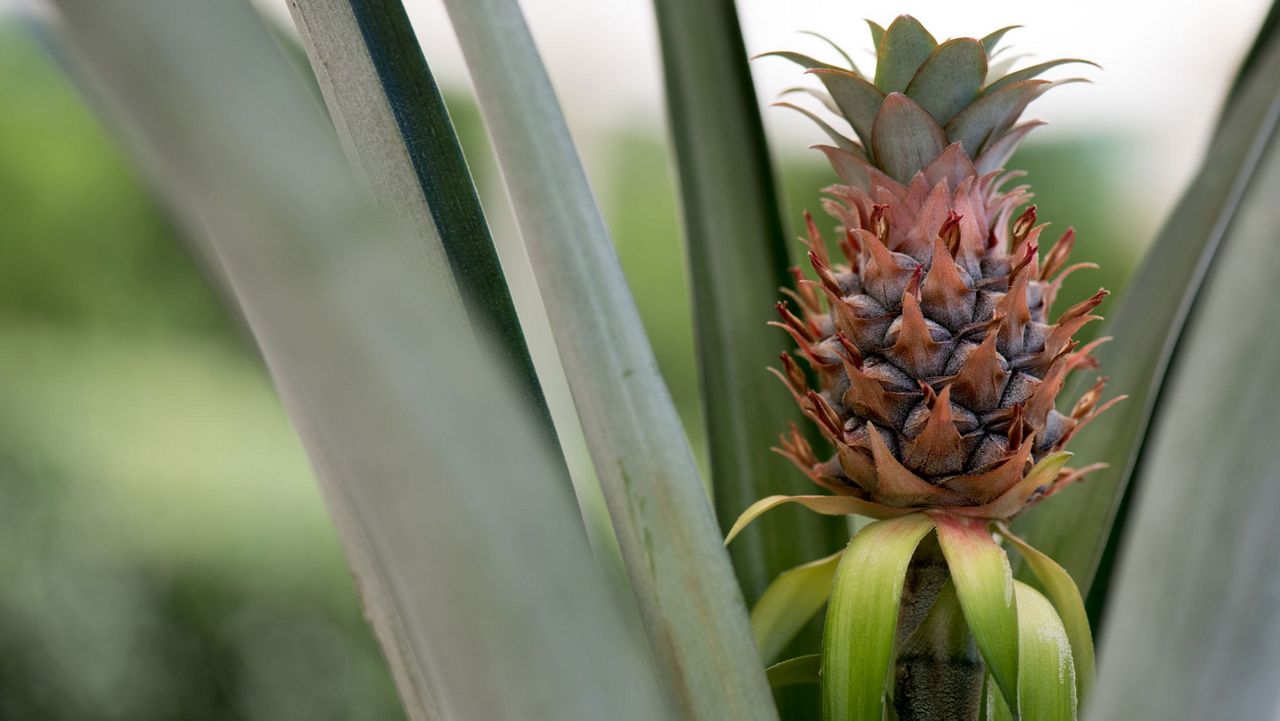Should the proposed Rural Prosperity and Food Security Act of 2024 survive the legislative process mostly intact, Hawaii stands to benefit from several provisions aimed at supporting nutrition, research, forestry and climate change, as well as better access to locally grown produce for those receiving Supplemental Nutrition Assistance Program benefits.
U.S. Senate Agriculture Committee chair Debbie Stabenow, D-Mich., released the multi-year Farm Bill proposal last week. The Farm Bill is due for its regular five-year renewal at the end of the year.
“The Farm Bill has a tremendous impact on our country’s food and crops that are grown and consumed every day,” said U.S. Sen. Mazie Hirono, D-Hawaii. “This legislation is passed only once every five years and I’m proud to have secured provisions to strengthen support for local producers, expand access to fresh, healthy Hawaii-grown produce for our families, and much more. As we continue to negotiate this year’s Farm Bill, I look forward to working with my colleagues to pass legislation that supports producers, families, and communities in Hawaii and across the country.”
Hirono successfully proposed for inclusion of an increase in the Gus Schumacher Nutrition Incentive Program, the primary funding source for Hawaii’s “DA BUX” program, which enables SNAP-Electronic Benefits Transfer cardholders to receive a 50% discount on Hawaii-grown produce at participating grocery stores and food hubs.
There were over 173,000 SNAP beneficiaries in Hawaii in 2022.
The proposed provision would increase the federal match rate for GusNIP projects to 80% from 50% and increase mandatory funding for GusNIP projects to $750 million over 10 years. It would also authorize cooperative agreements with state agencies or nonprofit entities to expand existing large-scale GusNIP projects; improve produce prescription projects; and increase coordination between partner agencies withing the USDA in the application review process for GusNIP grants and cooperative agreements.
Among other priorities, Hirono helped secure:
- Requiring the agriculture secretary to adopt an interim final rule to include Neighbor Island food prices in the calculation of the Hawaii Thrifty Food Plan;
- Excluding the military basic allowance for housing from the calculation of SNAP income;
- Creating a competitive grant program for state agencies or private nonprofit entities to purchase culturally relevant foods for distribution through the Emergency Food Assistance program;
- Allowing Hawaii, Alaska, Puerto Rico, Guam, the Commonwealth of Northern Mariana Islands, and Virgin Islands to request the cash value of TEFAP commodities to directly purchase their own food;
- Increasing education grants to Native Hawaiian serving institutions to $15 million for each of the fiscal years 2025 through 2029.
- Allocating $15 million for each of the fiscal years 2025 through 2029 and allows for a 30% indirect cost cap for the aquaculture assistance program;
- Appropriating $100 million in mandatory funding for fiscal year 2025 for agricultural research facilities.
- Appropriating $5 million each fiscal year through 2029 to address Rapid Ohia Death;
- Authorizing a climate hub in Hawaii (Hawaii currently belongs to the Southwest Hub in New Mexico).
Michael Tsai covers local and state politics for Spectrum News Hawaii. He can be reached at michael.tsai@charter.com.



